Abstract 7/2017
Table of content
Robert Tomanek – The function of free fare public transport in balancing urban mobility
Urszula Duda-Wiertel, Katarzyna Nosal, Katarzyna Solecka – Workshops with stakeholders as a good practice for developing sustainable mobility solutions
Caroline Kubala – Change of user’s perception of the Paid Parking Zone
Sabina Puławska-Obiedowska – The public transport accessibility for people with restricted mobility in Krakow
Abstracts
Robert Tomanek
The function of free fare public transport in balancing urban mobility
Abstract: Urban development, especially metropolitan development, creates barriers to mobility. In particular, it is necessary to balance mobility with low carbon transport subsystems. Balancing mobility requires a systematic approach and application of different tools. One of them is the price of public transport services, in particular the postulate of free public transport in cities – Free Fare Public Transport. Based on the current state of the art, it can be said that the effectiveness of FFPT has not been proven. Implementation of this solution is associated with a difficult to assess economic risk – especially in long-term perspective.
Key words: public transport, mobility, free fare public transport
Urszula Duda-Wiertel,Katarzyna Nosal, Katarzyna Solecka
Workshops with stakeholders as a good practice for developing sustainable mobility solutions
Abstract: This article refers to the activities of the EU REGIO-MOB project, which main objective is to develop new strategic transport solutions to improve mobility policy at regional level. In the framework of the project in June 2017 a workshop on solutions increasing transport accessibility of the REGIO-MOB project area, with particular focus on the Niepołomice Municipality and the Niepołomice Investment Zone, was organized. Students and employees of the Cracow University of Technology and the members of the Regional Stakeholder Group of the REGIO-MOB project were working together to develop new transport solutions. The work was organised in thematic groups, which allowed for an in-depth analysis of the existing state and formulation of proposals of changes. Involvement of many stakeholders resulted in their substantive support and allowed to verify the feasibility of the solutions.
Key words: sustainable mobility, regional transport, transport accessibility, workshops with stakeholders
Caroline Kubala
Change of user’s perception of the Paid Parking Zone
Abstract: This paper summarises results of the questionnaire surveys carried out in a part of the currently operating Paid Parking Zone (PPZ) in Cracow, beyond areas of the strict city centre. The aim was to recognise the users’ view about the current way of PPZ organisation and their personal preferences and expectations in this matter. The respondents had to give opinions in terms of the PPZ enlargement validity, indicate the biggest beneficiary of the implemented alterations and declare a potential travel behaviour change due to the increased charge rate. Answers have been collected in three interviewing rounds – just after the PPZ reorganisation (June 2015) and in subsequent periods (December 2015 and 2016). The study included both the opinions of drivers being residents of the analysed sub-zones as well as users who reside outside of the examined areas.
Key words: paid parking zone, parking surveys, parking
Sabina Puławska-Obiedowska
The public transport accessibility for people with restricted mobility in Krakow
Abstract: The term of accessibility is often associated with the ability to meet the needs of people with disabilities, and has been for decades point of interest for researchers, designers and legal authorities. The concept of universal design for public transport means that it is necessary to provide an adequate level of service to all residents, including people with disabilities and others, who may, for some reason, have difficulties in free movement. This work addresses this issue, indicating the scale of the problem of the need to provide accessible public transport to people with reduced mobility. In the second part of the article, the state of public transport infrastructure in Krakow was analyzed and assessed using information on the equipment of stops and the operation of wheel stops adjusted to the needs of the disabled. The analysis was done using the ArcGIS spatial analysis tool. The results indicate that there are still areas in Krakow that require improvements in public transport service for people with reduced mobility.
Key words: public transport, accessibility, restricted mobility
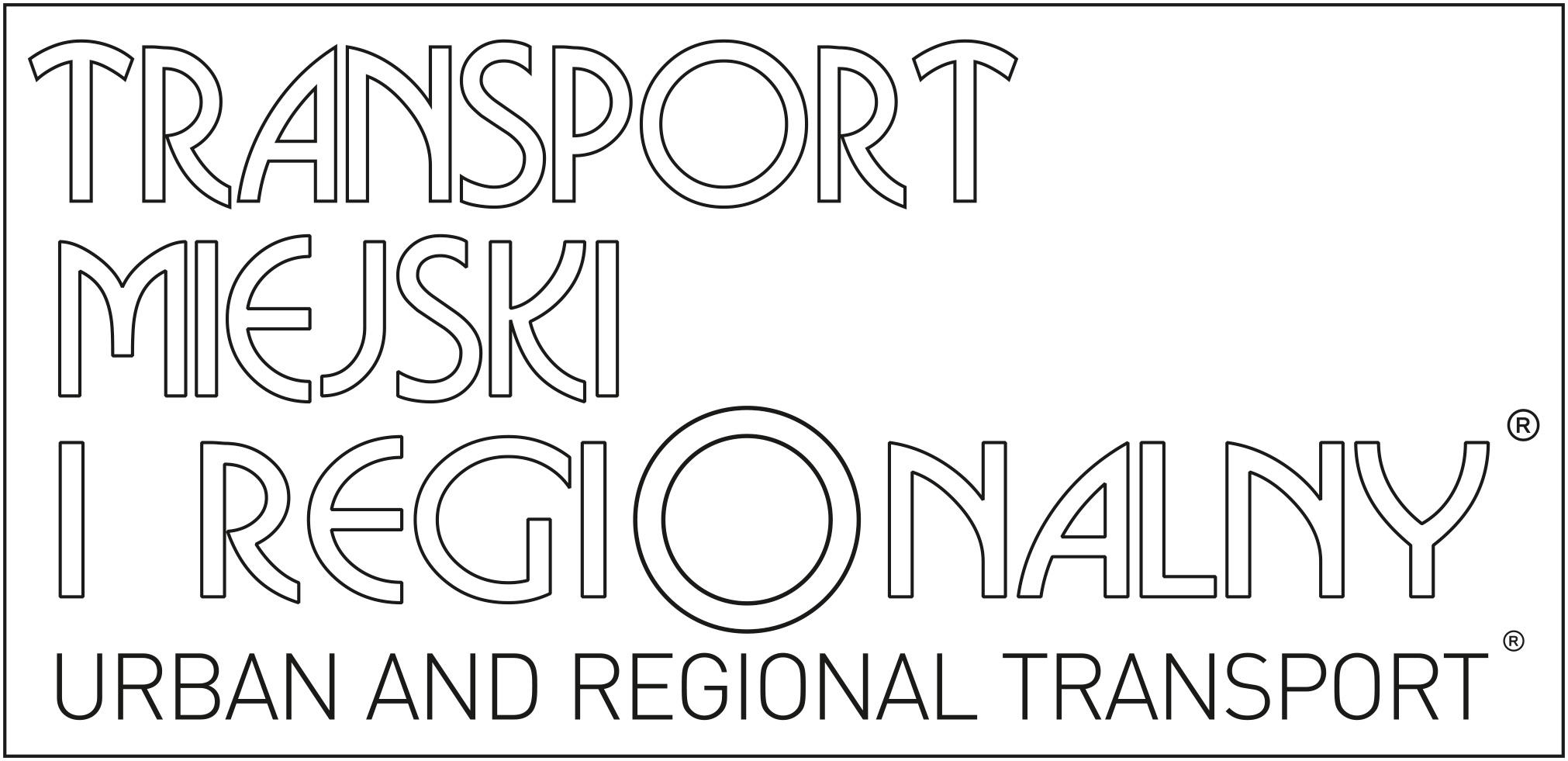
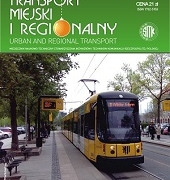
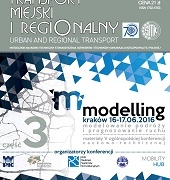 SITK RP
SITK RP 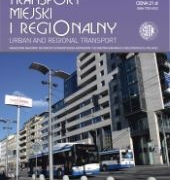 SITK RP
SITK RP 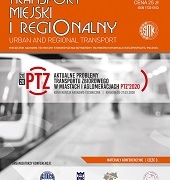
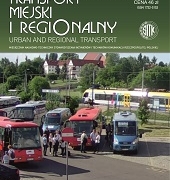
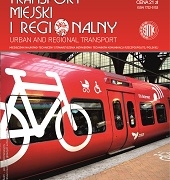 SITK RP
SITK RP 

